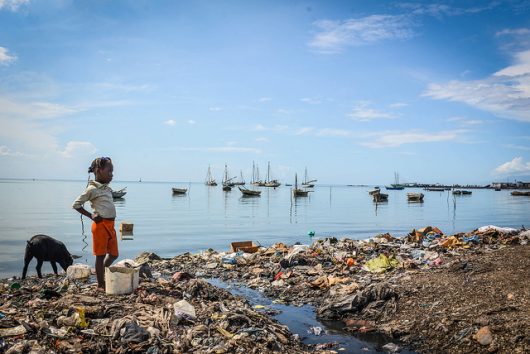Credit Access in Haiti is Growing

The credit financial system allows one party, typically a bank, to provide money as a loan to another party who is obliged to repay and return those resources at a later date. The process of obtaining credit is relatively easy in places such as the United States. However, credit access in Haiti and other small countries is not as simple.
Credit is beneficial to entrepreneurs because it offers a way of obtaining funds that is not illegal. It is also convenient as it offers a system for repaying the loan in the future, when funds are available or when people have a higher income. People can do this as a one-time payment, or they can pay off their credit in a developed installments plan.
For micro and small businesses, especially, credit access in Haiti is very limited. This makes it all the more difficult to establish any sort of entrepreneurial endeavor. The reality of the situation can actually be rather tough: very few individuals can afford to start a practice entirely from their own savings. This is why loans or other forms of investment are necessary.
The Multilateral Investment Fund (MIF) has been working to improve access to new economic opportunities to the over 50,000 micro and small businesses in Haiti (2013). The MIF strategically plans to expand financial services beyond the capital city of Haiti, which is Port-au-Prince.
Fortunately, there are companies that are working to improve access opportunities for those who need it most. For example, in 2010, Technoserve and its partners initiated the Haiti Hope Project. The projected goal was to double the incomes of 25,000 mango farmers within five years of joining. This goal would be accomplished by creating relationships between the mango farmers located in rural areas and investors in the capital.
Many of these farmers were previously excluded from financial programs, making it difficult to kick start and fund any sort of business. This fact is exacerbated given the environmental and economic competition also occurring in the country. The results of the Haiti Hope Project show that 44 percent of the participants now have access to credit.
While credit access in Haiti is still limited, in comparison to other countries, there is a lot of progress being made. Thousands of rural farmers and micro-entrepreneurs are being offered credit and other financial resources. Once adequate incomes are generated, and businesses are steadily entering and competing in the market, the loans can be paid off.
Credit, while seemingly complex, can be a simple way to change the market and economy of countries in need of growth and development.
– Caysi Simpson
Photo: Flickr
